Range
All Range Content
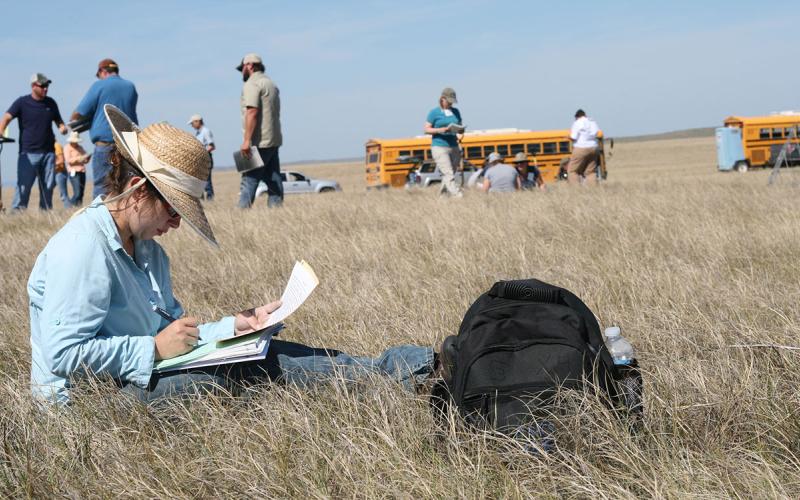
SDSU Extension promotes 2023 National Range Judging Contest results
June 21, 2023
South Dakota students had a strong showing at the 2023 National Range Judging Contest.

Large Grasshopper Populations Detected in South Dakota
Very large populations of grasshoppers have been detected in southeastern South Dakota. Although these grasshoppers aren’t causing serious defoliation in crops yet, there is the possibility that they will as the season progresses.

South Dakota Grasshopper Prediction for 2023
Grasshoppers can cause serious defoliation in forage, soybeans and corn throughout much of the growing season. See our activity predictions for the 2023 growing season based on the 2022 U.S. Department of Agriculture Adult Grasshopper Survey.
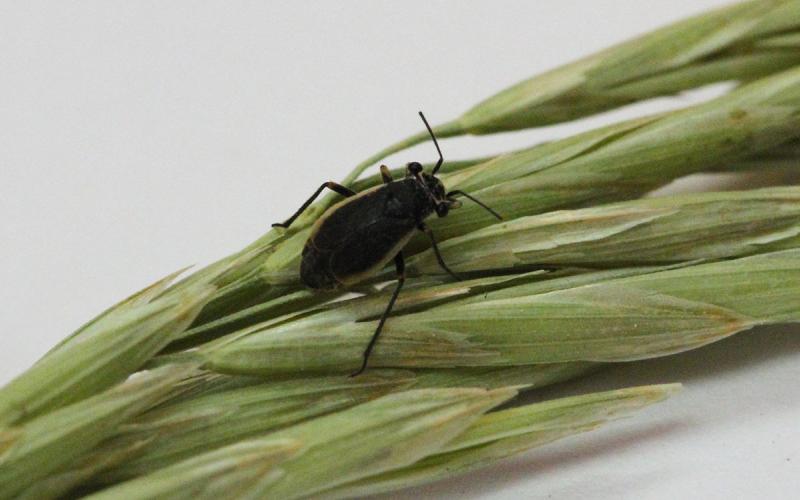
Time to Start Scouting for Black Grass Bugs
In central and western South Dakota, black grass bugs are a common spring forage pest that can cause considerable damage during periods of drought. Learn how to monitor and manage this pest to protect your forages this spring.

Discussing the Dart Delivery Method for Treating Cattle
Cattle ranchers strive to minimize the stress of handling and disease on their animals. One way they can do this is by implementing remote delivery devices.
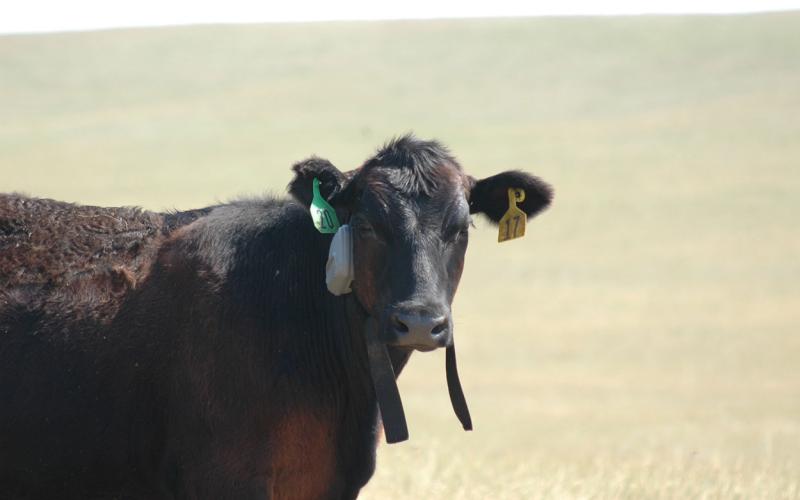
Virtual Fencing: Emerging Companies, Functionality and Benefits
Research conducted in the past few years has shown promising results for virtual fencing to be a viable option in many scenarios.
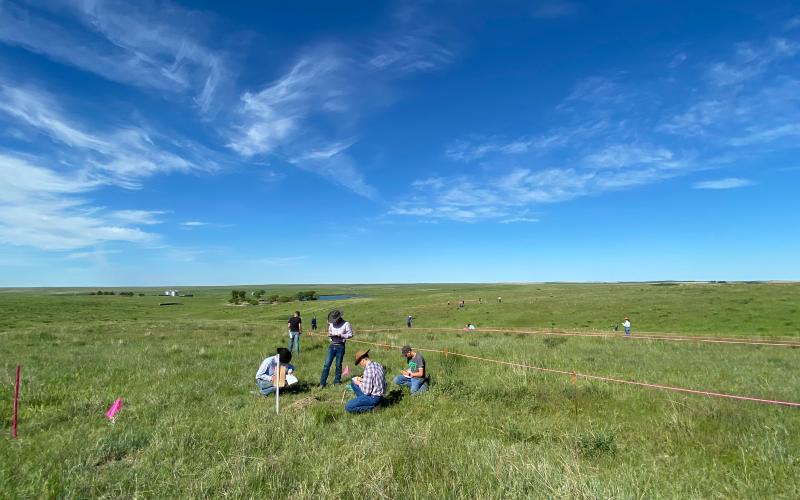
Judging South Dakota Rangelands for Livestock and Wildlife Values
Guide for judging South Dakota rangelands for livestock and wildlife values

South Dakota Range Management Workshop Set for June 27-29
April 18, 2023
SDSU Extension is partnering with the United States Forest Service, Bureau of Land Management and Natural Resources Conservation Service to provide the 2023 South Dakota Range Management Workshop June 27-29 near Deadwood, South Dakota.
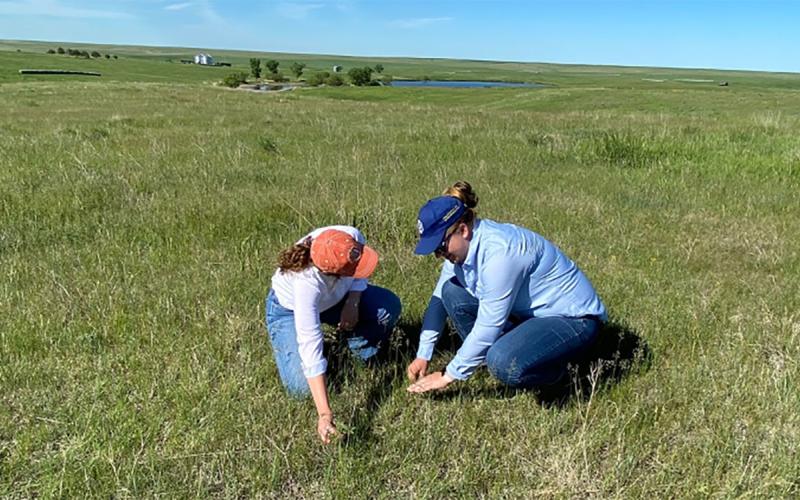
SDSU Extension to host Women on the Range workshop in June
March 31, 2023
South Dakota State University Extension invites women in agriculture to attend a Women on the Range Workshop on June 8 and 9 at The Branding Iron restaurant in Belle Fourche, South Dakota.
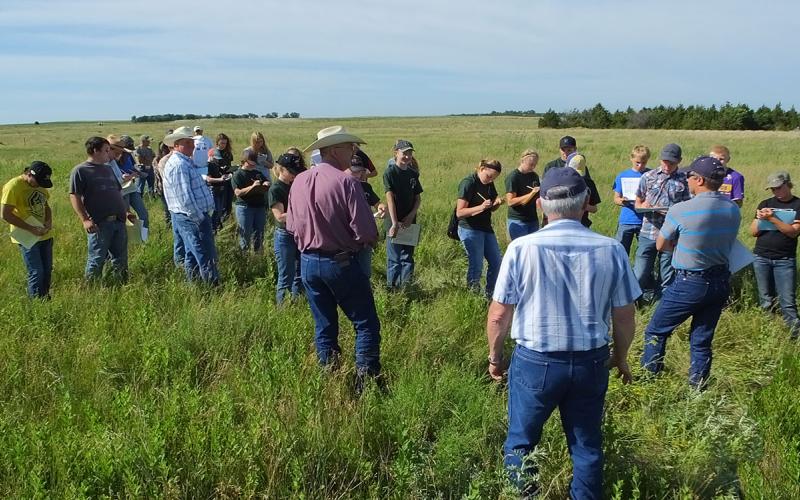
39th annual Rangeland and 18th annual Soil Days set for June 14-15 in Watertown
March 20, 2023
SDSU Extension, Codington Conservation District and South Dakota Natural Resources Conservation Service are hosting Rangeland Days and Soil Days on June 14-15 in Watertown, South Dakota.